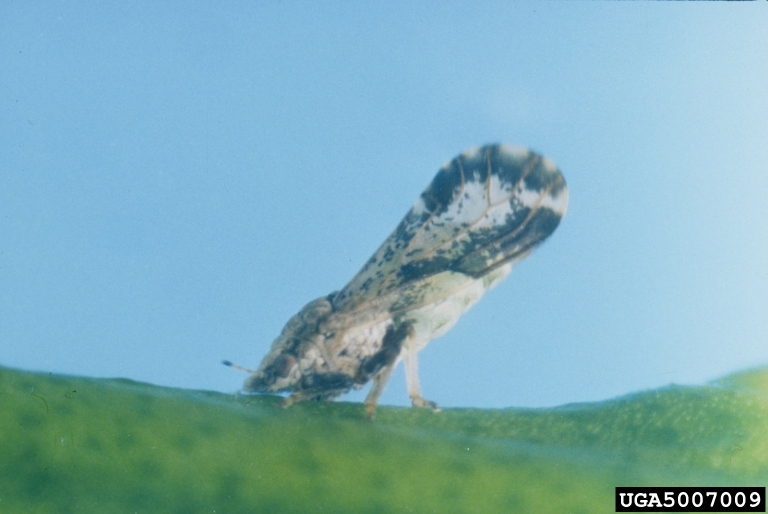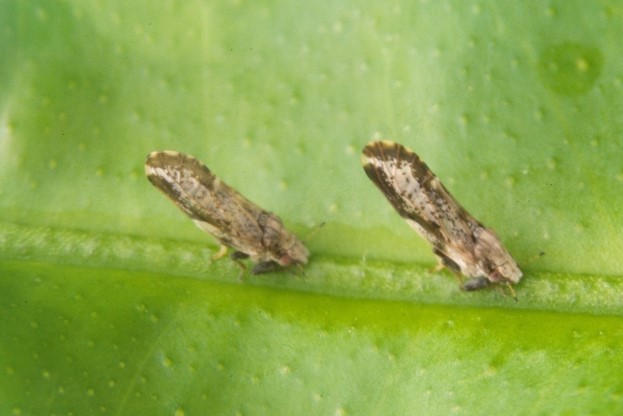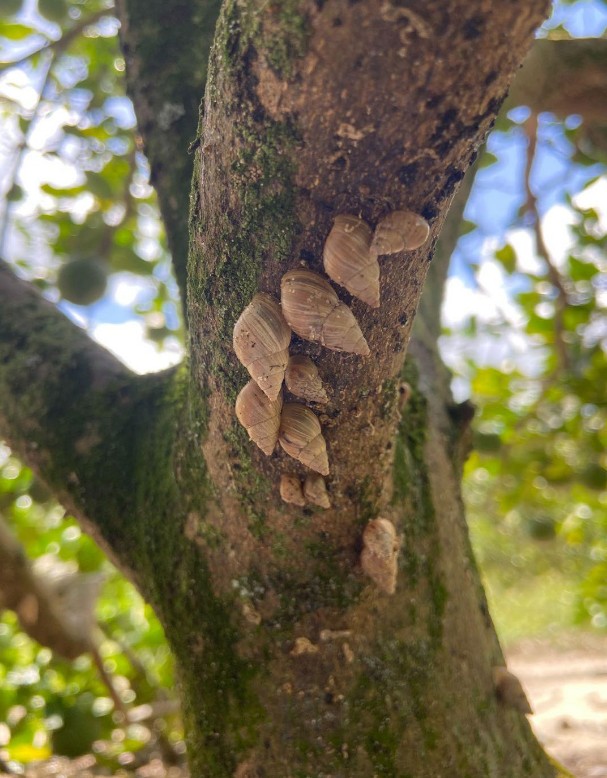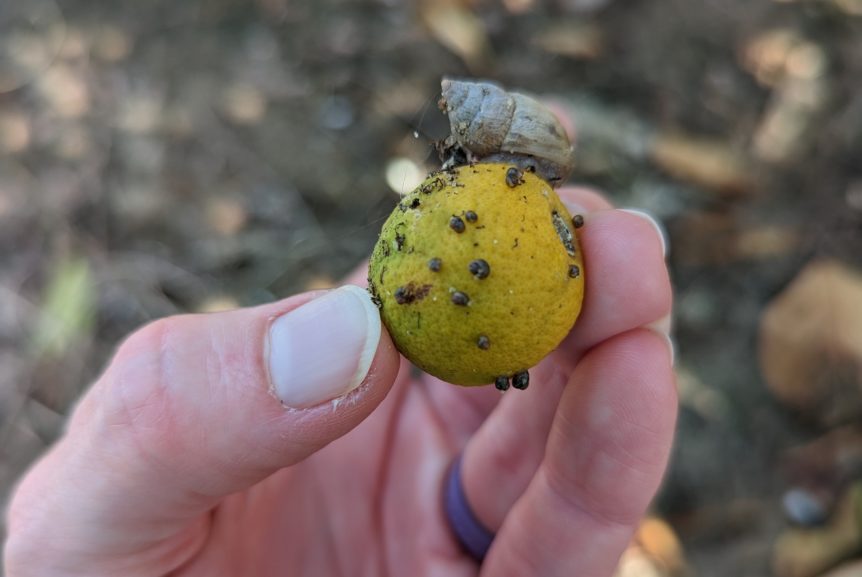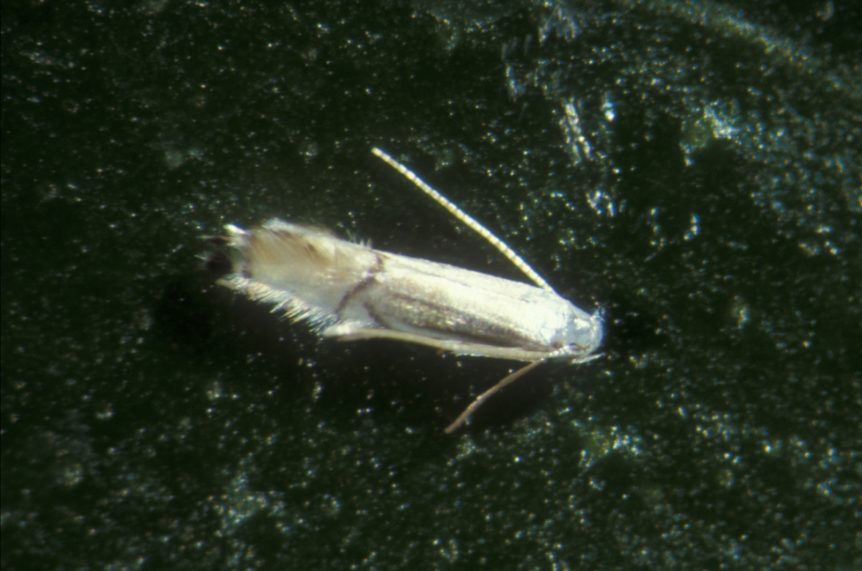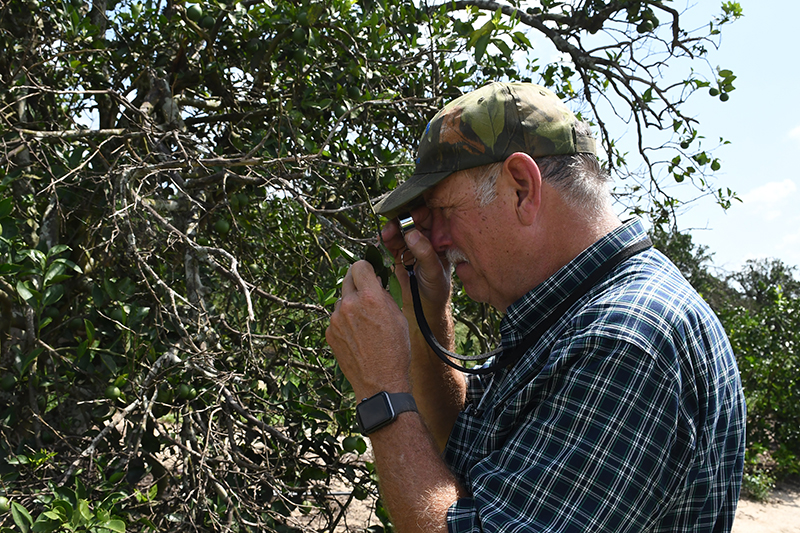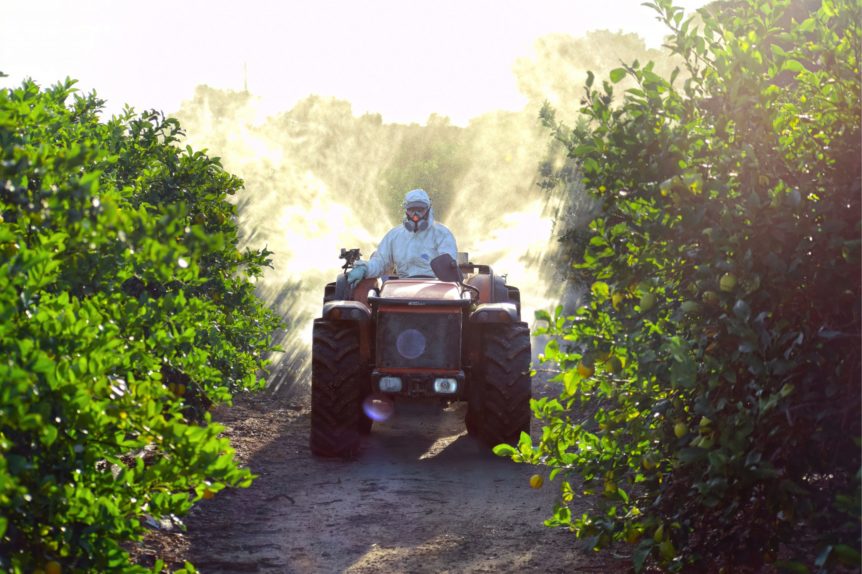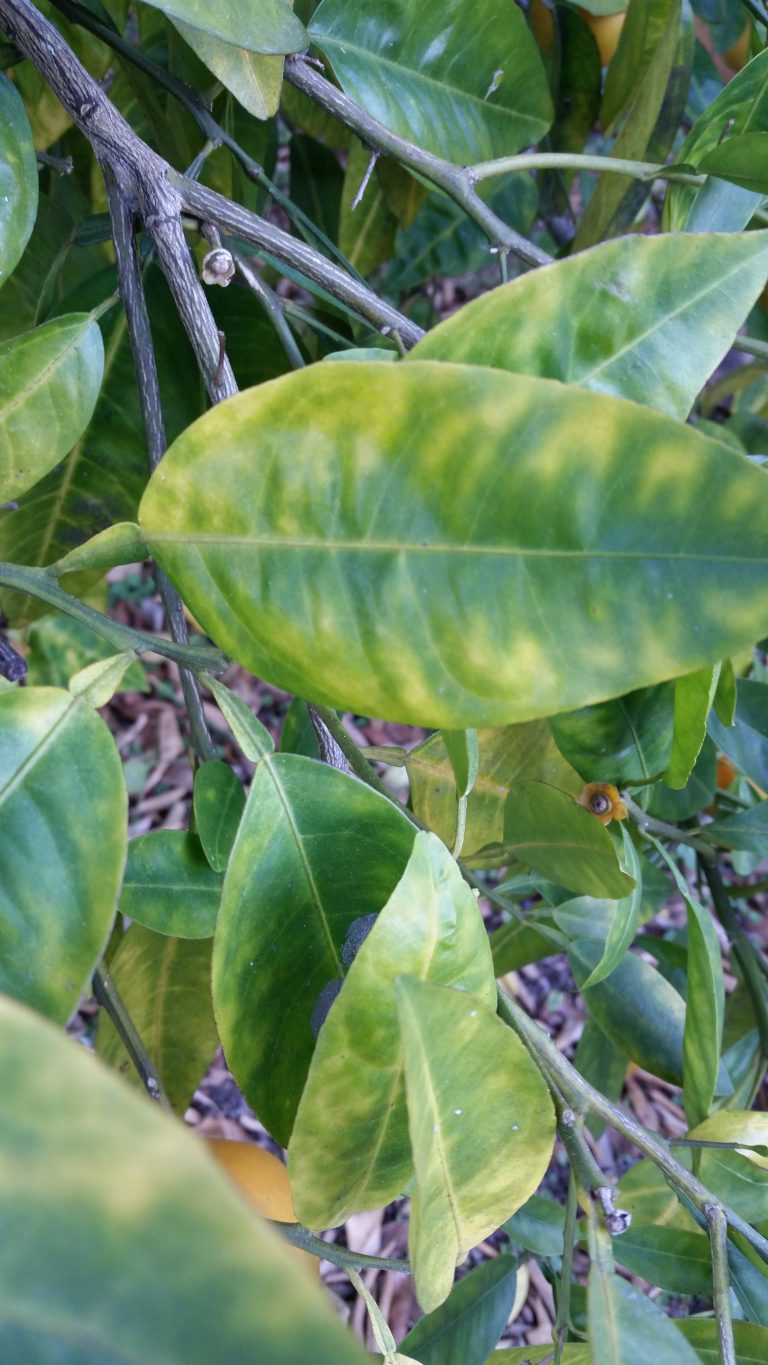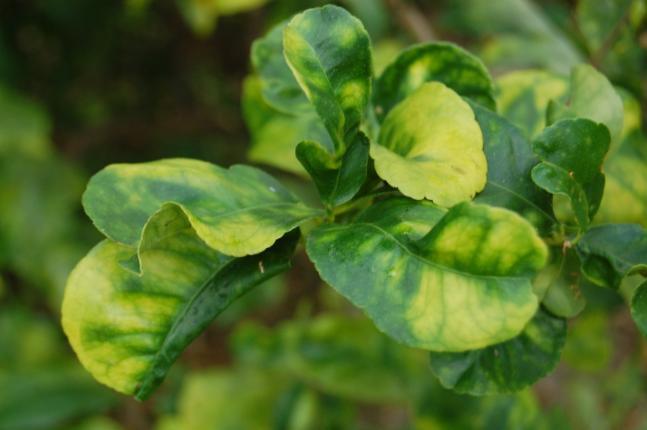Southeast citrus growers hoping that the Feb. 1 freeze would wipe out the Asian citrus psyllid (ACP) population are going to be disappointed. “What we do know about freezes is a lot of time they will reduce or delay the buildup of many of the populations of pests that we worry about,” said Lauren Diepenbrock, University of Florida Institute of …
UGA Extension Monitoring for Psyllid Movement
The vector of citrus greening disease remains in low numbers in Georgia. University of Georgia (UGA) researchers are hoping the Asian citrus psyllid (ACP) stays that way. Led by UGA entomologist Apurba Barman, UGA Extension is monitoring for the insect in hopes of limiting its migration throughout South Georgia. “The good thing is, so far, we’ve found ACP in only …
Psyllids and HLB Spreading in Georgia
Populations of Asian citrus psyllids (ACP) have been found in residential and commercial citrus in Georgia’s Lowndes and Wayne counties during the past two months. ACP spread huanglongbing (HLB) disease. In several places where ACP were found, HLB-infected trees were identified nearby. University of Georgia College of Agricultural and Environmental Sciences (UGA CAES) entomologist Apurba Barman provided details about the …
The Relationship Between Snails and Weeds Needs Research
The preference of Bulimulus bonariensis snails to feed on weeds in citrus groves does not necessarily imply that increased weed management will lead to a reduction in pest populations. This relationship requires further research by Lauren Diepenbrock, University of Florida Institute of Food and Agricultural Sciences (UF/IFAS) assistant professor and entomologist. “It’s something I think we really need to look …
Snail Update: Impacts and Abamectin
Snail impacts on Southeast citrus production can be devastating. A big part of the problem is not the damage to citrus trees but the harm the pest inflicts on irrigation systems. Lauren Diepenbrock, University of Florida Institute of Food and Agricultural Sciences associate professor and entomologist, conveyed this message to cold-hardy producers during the Citrus Grower’s Summer Update meeting on …
Insect Pests To Watch for in Georgia
Georgia citrus growers are a couple of months away from harvest season. If producers are going to maximize this year’s crop, they need to protect it from insect pests. Apurba Barman, University of Georgia assistant professor of entomology at the Tifton Campus, discussed insect pests during the Southeast Citrus Update in Lyons, Georgia on July 24. He focused on a …
Scout to Stay Ahead of Pest Populations
It is much better for Florida citrus growers to be proactive than reactive when managing pest populations. Scouting and monitoring citrus groves is crucial for growers who hope to thwart off impacts from insects like the Asian citrus psyllid (ACP). If growers are not successful, they will be behind the eight ball in minimizing the impact of these annual pests. …
Now Is the Time to Knock Back Psyllid Populations
Now is the time for Florida citrus growers to implement management tactics to control the Asian citrus psyllid (ACP), the insect that vectors citrus greening, also known as huanglongbing (HLB). ACPs are currently in low populations across Florida’s citrus-producing region. That means growers should act now to protect their crop from the insect’s impact, says Chris Oswalt, University of Florida …
Scouting Critical for Southeast Citrus Industry
Regular scouting for Asian citrus psyllids and citrus greening disease is critical for Georgia’s citrus industry to remain healthy. That advice applies to both commercial growers and homeowners, Jonathan Oliver, University of Georgia (UGA) assistant professor and small fruits pathologist, said during the recent Citrus Grower’s Summer Update meeting in Valdosta. Oliver encouraged all growers to scout for the disease …
HLB and Psyllids in Georgia Commercial Citrus
One of Georgia citrus growers’ worst fears is slowly becoming a reality. Citrus greening, also known as huanglongbing (HLB), was observed in a Georgia commercial citrus grove for the first time in 2023. This is alarming news for the industry, says Jonathan Oliver, University of Georgia (UGA) assistant professor and small fruits pathologist. “We knew HLB was here in residential …










